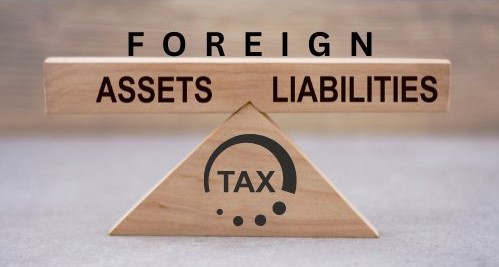Category: Income tax
Understanding Private Trusts: Benefits, Compliances, and Key Roles
A private trust is a legal arrangement where a person (the settlor) transfers assets to a trustee, who manages them for the benefit of specific individuals or entities (the beneficiaries). Private trusts are widely used for estate planning, asset protection, and wealth management. This article explores the benefits of a private trust, annual compliances, the roles of trustees and beneficiaries, and the modes of creating a private trust.
Meaning of Private Trust?
A private trust is a fiduciary relationship where the settlor transfers ownership of assets (trust property) to a trustee. The trustee holds and manages these assets for the benefit of the beneficiaries as per the terms of the trust deed. Unlike public trusts, private trusts are created for the benefit of specific individuals or families.
Benefits, Rights and Powers of a Private Trust
-
Estate Planning: A private trust ensures smooth transfer of assets to beneficiaries without the complexities of probate.
-
Asset Protection: Trusts can shield assets from creditors, legal disputes, or insolvency.
-
Tax Efficiency: Properly structured trusts can help reduce estate taxes and income taxes.
-
Privacy: Trusts are private arrangements, unlike wills, which become public records.
-
Controlled Distribution: The settlor can specify how and when beneficiaries receive assets, ensuring responsible wealth management.
-
Continuity: Trusts can operate beyond the lifetime of the settlor, providing long-term financial security for beneficiaries.
-
Administrative Powers: Managing day-to-day operations, such as collecting income and paying expenses.
-
Investment Powers: Investing trust assets to generate returns, subject to the trust deed’s terms.
-
Distribution Powers: Deciding when and how to distribute income or assets to beneficiaries.
-
Legal Powers: Representing the trust in legal matters and entering into contracts on its behalf.
Annual Compliances for a Private Trust
To maintain legal validity, private trusts must adhere to certain compliances:
-
Filing Income Tax Returns: Trusts must file ITR-5 annually, disclosing income and expenses.
-
Audit Requirements: If the trust’s income exceeds the prescribed limit, a tax audit is mandatory.
-
Maintaining Accounts: Proper books of accounts must be maintained, including details of income, expenses, and distributions.
-
Compliance with Trust Deed: The trustee must ensure all actions align with the terms of the trust deed.
-
GST Registration: If the trust engages in taxable activities, GST registration may be required.
Trustee and Beneficiary of a Private Trust
Trustee of a Private Trust
The trustee is the legal owner of the trust property and is responsible for managing it in the best interest of the beneficiaries.
Rights and Powers of a Trustee:
-
Manage and invest trust assets as per the trust deed.
-
Distribute income or assets to beneficiaries.
-
Reimburse expenses incurred in managing the trust.
-
Delegate tasks to professionals (e.g., accountants, lawyers) if permitted by the trust deed.
Duties of a Trustee:
-
Act in good faith and in the best interest of beneficiaries.
-
Avoid conflicts of interest.
-
Maintain accurate records and provide information to beneficiaries when required.
Beneficiary of a Private Trust
The beneficiary is the person or entity entitled to benefit from the trust.
Rights of a Beneficiary:
-
Receive income or assets as per the trust deed.
-
Seek information about the trust’s management and assets.
-
Take legal action if the trustee fails to fulfill their duties.
Trust Property
Trust property refers to the assets transferred to the trust by the settlor. It can include:
-
Real estate
-
Cash and bank deposits
-
Investments (stocks, mutual funds, etc.)
-
Intellectual property
-
Business interests
The trust property must be clearly identified in the trust deed.







